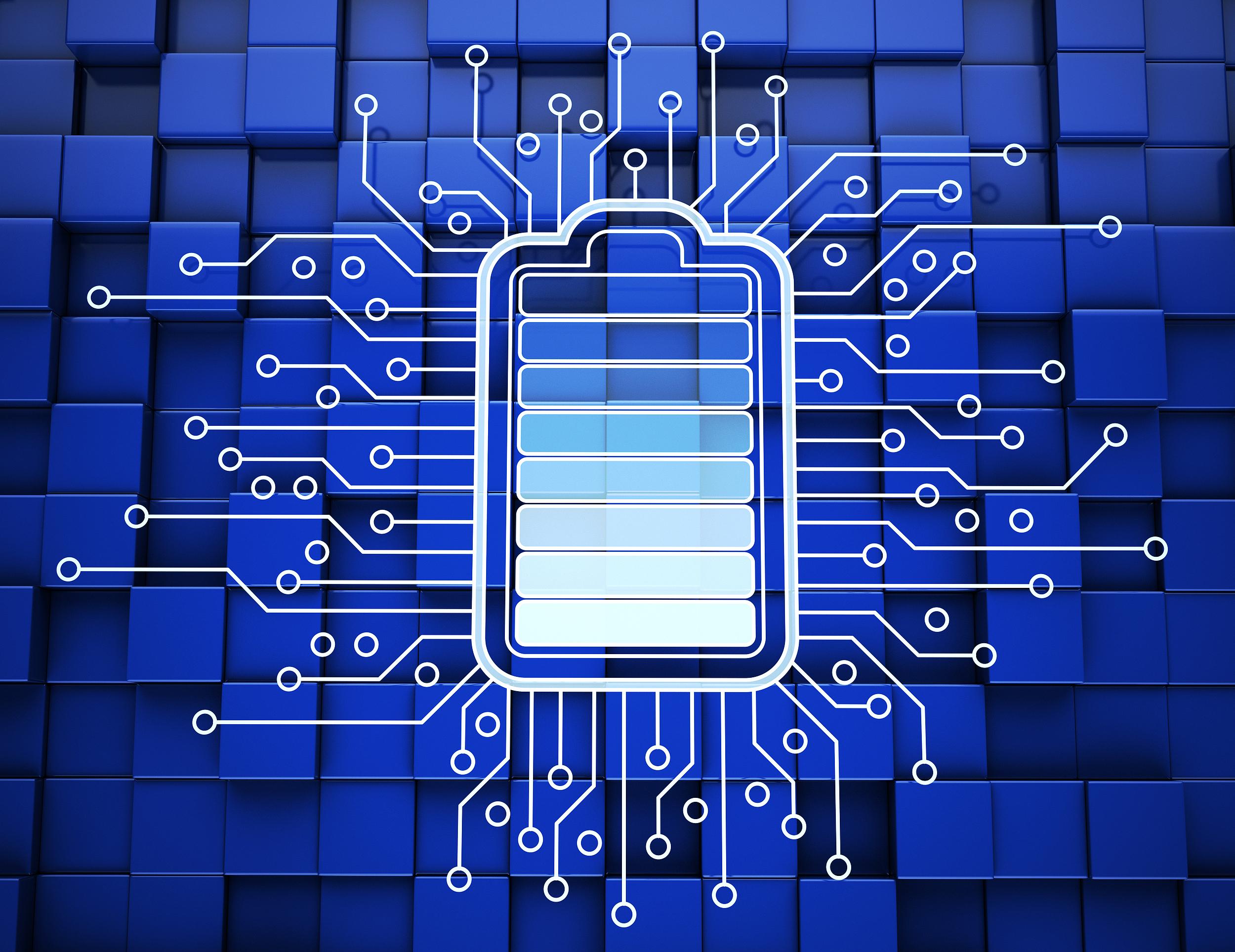AI Accelerates Solid-State Battery Development

The rapid growth of electric vehicles (EVs) and energy storage systems has heightened the urgency for advanced battery development. Ouyang Minggao, academician at the Chinese Academy of Sciences and professor at Tsinghua University, highlighted the transformative potential of AI in addressing challenges in battery research during the 2024 Science Intelligence Summit. He emphasized that integrating large language models with AI for Science (AI4S) could revolutionize innovation in solid-state electrolyte materials and other next-generation energy technologies.
AI4S has already begun enabling breakthroughs across the battery development lifecycle. Ouyang noted that AI transforms traditional trial-and-error material research into an automated and efficient process, incorporating tools like simulation, characterization, and preparation. This paradigm shift accelerates the creation of novel, high-performance batteries.
Beyond materials, AI supports battery design, manufacturing, and application. Automated design processes reduce costs while enhancing efficiency. Digital twin simulations streamline production by optimizing parameters in advance, improving quality control with advanced data analytics. In applications, AI enhances safety, predicts battery lifespan, and facilitates fast charging. Furthermore, AI technologies could aggregate EV batteries into virtual power plants, unlocking new energy storage possibilities.
Solid-state batteries, a focal point of global innovation, benefit significantly from AI advancements. Ouyang described AI as a “catalyst” for tackling technical challenges in electrolytes, composite electrodes, and interfaces. However, he cautioned that achieving high energy densities of over 500 Wh/kg and ensuring long cycle lives of 2,000+ cycles remains a significant hurdle.
While commercialization of solid-state batteries is projected for 2030 or later, Ouyang emphasized their strategic importance. As EV adoption continues to rise, he predicts these advancements will solidify the transition to fully electric, sustainable transportation by 2035.







